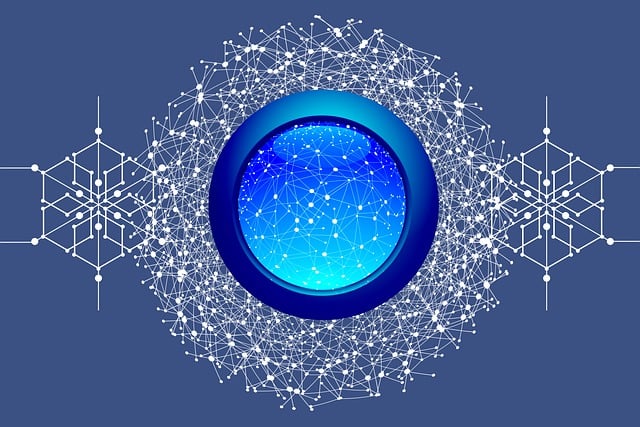In today's digital age, we increasingly rely on the Internet for a variety of activities, including work, study, shopping and socializing. However, with the popularization of the Internet, our online security is also facing more and more threats and risks. Fortunately, virtual private networks (VPNS), as a security protection tool, can help us protect personal privacy, data security, and network security. This article will delve into how VPNS protect us from various kinds of breaches and analyze their security benefits.

1. Prevent data leakage and theft
When transferring data over the Internet, we are constantly at risk of data breaches and theft. Hackers and malicious users may steal our personal information, credit card information, login credentials and other sensitive data for illegal activities or identity theft. Using a VPN effectively encrypts your data traffic, turns it into an encrypted tunnel, and transmits it securely across the Internet. This means that even if a hacker successfully intercepts your data, they will not be able to decrypt and use them, thus protecting your personal privacy and sensitive information.
2. Bypass geographic restrictions and protect privacy
There are many geographical restrictions on the Internet, such as certain countries or regions that may restrict access to specific websites, applications or content. This can limit your ability to access the information and resources you need, especially in an international and global corporate environment. By using a VPN, you can bypass these geographic restrictions and connect to servers located in other regions, giving you broader access. At the same time, VPN can also protect your privacy, hide your real IP address and location information, prevent tracking and monitoring, and ensure that your online activities are protected to the greatest degree of privacy.
3. Public Wi-Fi security protection
Public Wi-Fi hotspots are widely available in public places, such as cafes, airports, hotels, etc. However, there are significant security risks associated with using public Wi-Fi, as these networks often lack proper security protections. Hackers can exploit vulnerabilities in public Wi-Fi networks to steal your personal information, login credentials, and other sensitive data. Using a VPN can establish an encrypted connection between you and public Wi-Fi, protecting your data from theft and attacks. It creates a secure channel between you and the public Wi-Fi, ensuring that your data traffic is protected.
4. Anonymous Internet access and privacy
Privacy protection is a growing concern of modern Internet users. We want to be able to enjoy a free and anonymous online experience on the Internet without being tracked, monitored and restricted by anyone. VPNS can help you anonymously surf the Internet, hiding your true identity and location information. It achieves anonymity by moving your data traffic through a remote server, replacing your real IP address with the server's IP address. This allows you to freely browse and access content on the Internet without any restrictions and censorship.
5. Prevent online fraud and malicious activities
There are a variety of online fraud and malicious activities on the Internet, including phishing, malware attacks, network targeted attacks and so on. These activities may result in your personal information being stolen, your computer being infected with a virus or other loss. VPNS can provide additional security protection through encryption and filtering functions to prevent malicious traffic and access to malicious websites, reducing the risk of cyber attacks. It can be used as part of your network security line to help you maintain a safe and hassle-free online experience.

In SUMMARY:
As a powerful security tool, VPN can protect us from various kinds of infringements in many ways. It plays an important role by encrypting data traffic, bypassing geographic restrictions, securing public Wi-Fi networks, maintaining privacy, and preventing online fraud. Using a VPN ensures that your personal privacy and sensitive information is protected against data breaches and theft. It bypasses geographical restrictions and allows you to enjoy a wider range of network resources and services. At the same time, VPNS can also provide security when using public Wi-Fi, preventing your data from being stolen and attacked by hackers. In addition, by anonymizing the Internet and filtering malicious traffic, VPNS can help you prevent online fraud and malicious activities.
In an enterprise environment, a VPN is an essential tool. As businesses become international and global, employees need access to resources and services located in different regions. Using a VPN makes it easy to bypass geographic restrictions, allowing employees to collaborate and communicate unimpeded across the globe. In addition, VPNS can also provide enterprises with secure communication channels to ensure the safe transmission of sensitive information and trade secrets. By encrypting data traffic, VPNS can prevent hackers from stealing and snooping on the confidential information of enterprises, providing an important guarantee for the network security of enterprises.
 Email
Email